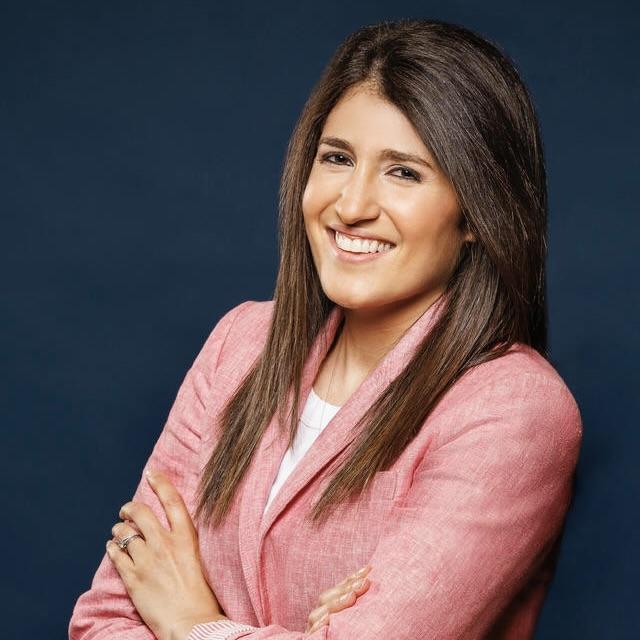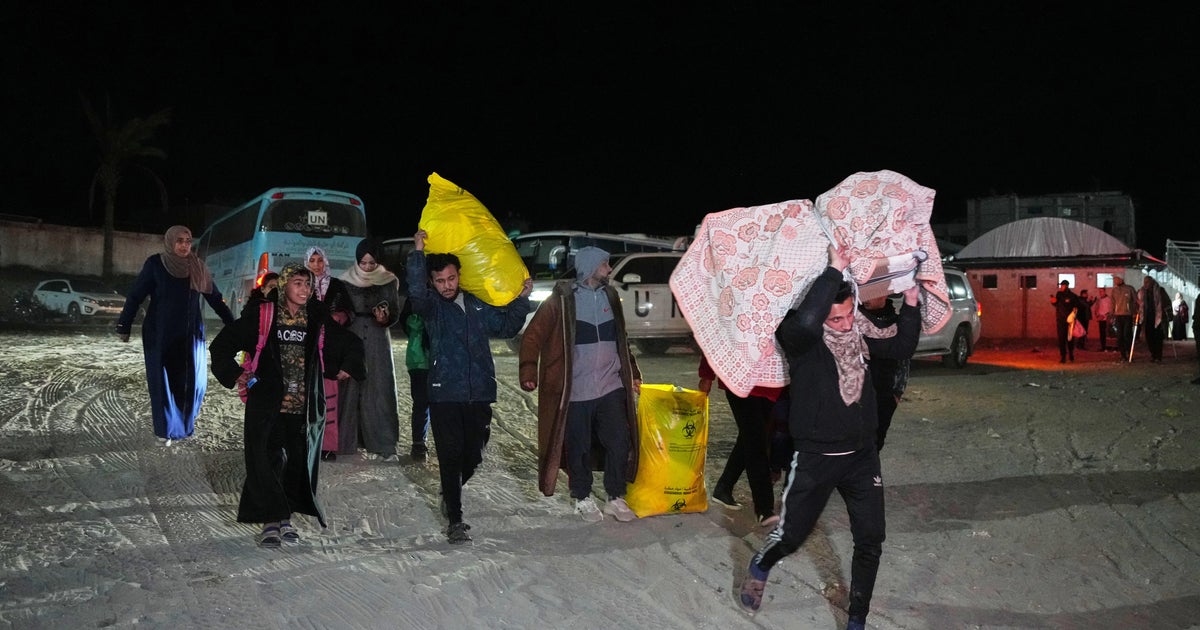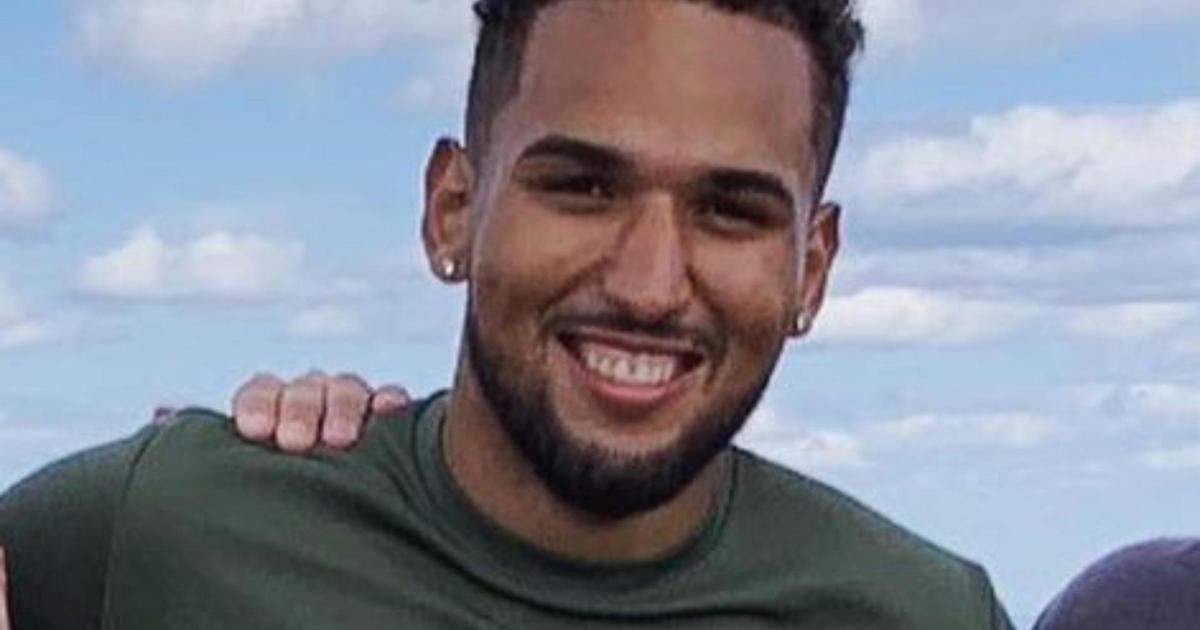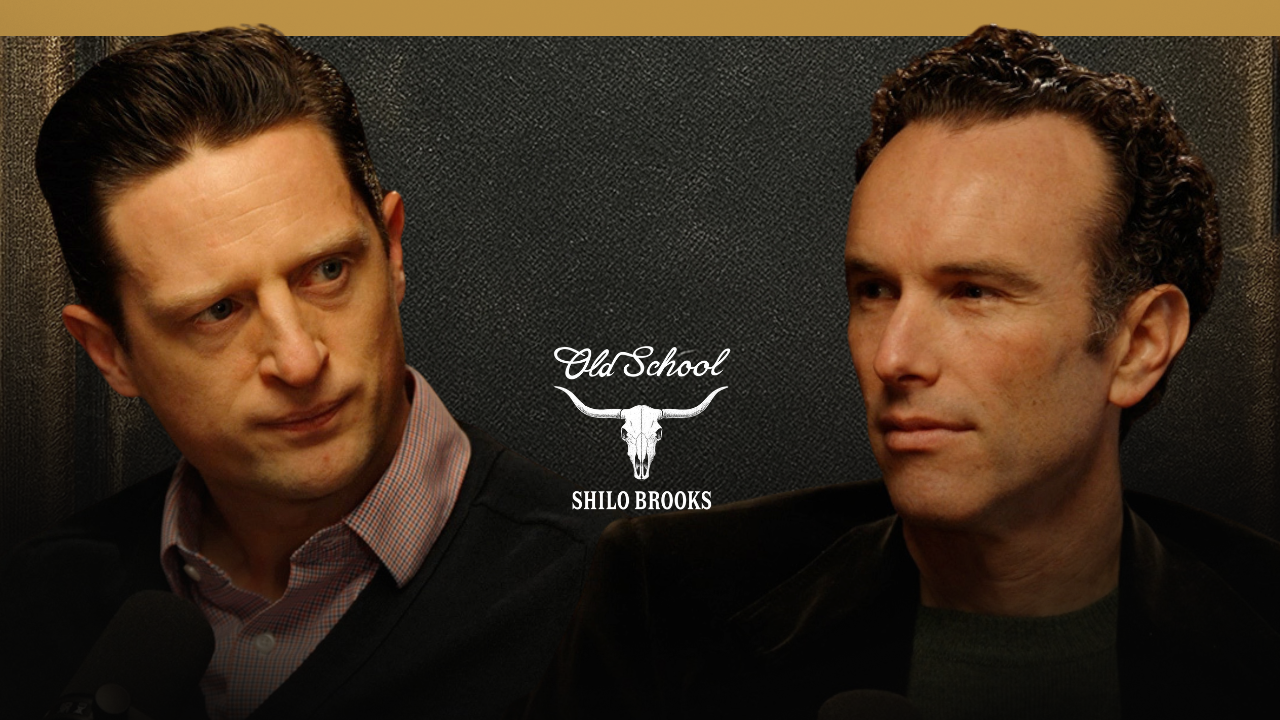Doctors Without Borders dispatches team to the Navajo Nation
REVERB is a new documentary series from CBSN Originals. Watch the latest episode, "Coronavirus in Navajo Nation," in the video player above.
Doctors Without Borders is best known for sending medical professionals into international conflict zones in the midst of medical crises. The organization has teams in Afghanistan, Iran, Sierra Leone, Venezuela and 66 other countries. It did not, however, have a medical presence in the U.S. — until now.
Jean Stowell, head of the organization's U.S. COVID-19 Response Team, told CBS News that Doctors Without Borders has dispatched a team of nine to the hard-hit Navajo Nation in the southwest U.S. because of the crisis unfolding there. The team consists of two physicians, three nurse/midwives, a water sanitation specialist, two logisticians and a health promoter who specializes in community health education.
"There are many situations in which we do not intervene in the United States, but this has a particular risk profile," Stowell said. "Situationally, the Native American communities are at a much higher risk for complications from COVID-19 and also from community spread because they don't have access to the variety of things that make it possible to self-isolate… You can't expect people to isolate if they have to drive 100 miles to get food and water. "
Navajo Nation, home to roughly 170,000 people, now has more coronavirus cases per capita than any state in America. Due to a shortage in nursing and specialized medical staff, the most critical patients have to be airlifted to hospitals outside of the reservation. On top of that, Navajo people carry a high rate of diabetes and hypertension, rendering them more susceptible to infection. And as of early May, the region has a higher coronavirus death rate than that of 46 states. The new CBSN Originals documentary, "Coronavirus in Navajo Nation," explores the community's plight.
"I think it's difficult for Americans to realize how big this country is and how the needs are so different in each place," Stowell said. "You know, urban needs are very different than rural needs. And the needs of the Native American community are challenging because they look so different than the needs elsewhere, so they require a pretty significant coordinated effort."
The fact that Navajo Nation is a food desert, dependent on the U.S. government for nutritious commodity foods, has only intensified the situation. What's more, an estimated 1 in 3 residents lack access to running water.
"The lack of running water complicates things," Stowell said, "but it's something that's really familiar to us and probably more familiar to us than other NGOs and nonprofits that work in the U.S. Back when we were first speaking to the Navajo leadership, I think they thought we would find that shocking. Obviously, we find it very surprising, but it's also work that we know how to do. Water sanitation and infection control go hand-in-hand, but it's something that we know quite a lot about, how to navigate those resources."
Stowell said that the Doctors Without Borders team currently has plans to remain in Navajo Nation until the end of June, but that their assignment could very well be extended as circumstances demand.
"When we're looking at the epidemiologic curves from the rest of the world, we know that this is a long haul," she said. "So, at this point, that team is planned to be there until the end of June. Whether that will continue really has to do with how effective the measures that are taken are in reducing the infection rate, and the capacity of other actors. You know, there is quite a lot of interest in responding to the needs of Native communities, but there are also enormous needs. And it's not so quick to mobilize things that you really have to start from the ground up. These were bigger problems long before COVID-19."
The elders of Navajo Nation, who are crucial to preserving the tribe's language and culture, are particularly high-risk due to their age.
"I'm scared for our languages, our culture, our people," Dr. Michelle Tom, a family medicine physician, said in the CBSN Originals documentary. "And I know it's happening all around the world. I get that. I understand that. You know, my time is limited on this Earth, it is. But our language and our cultures can continue to live forever, as long as there are Navajo people. I think that's what scares me most."




